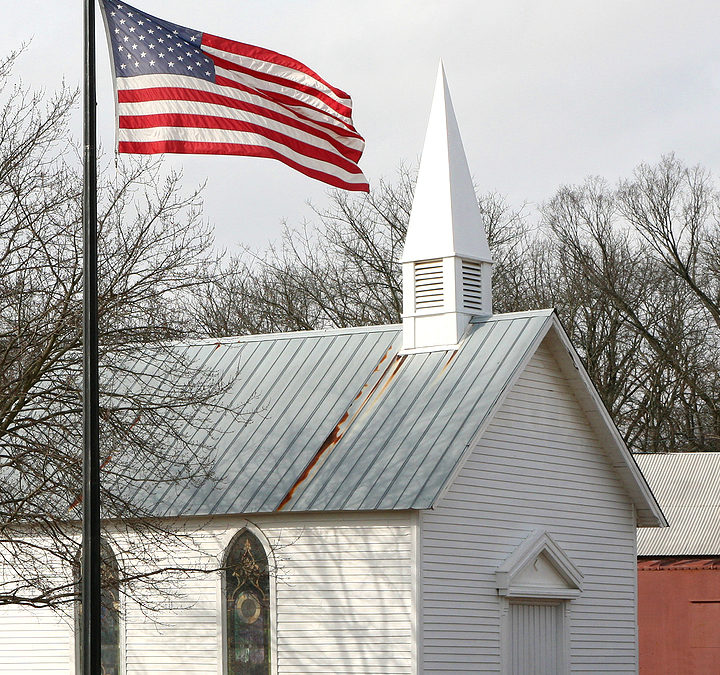
Social Impact and Advent: The Joy in Storytelling
The holidays are a time to reflect, create memories, and focus on what God has done in our lives. As we search for Advent joy, it’s helpful to share our stories about how Jesus has impacted us through our work and service. Stories of change are individual and communal narratives that showcase positive transformations. They often depict a journey from struggle to hope, progress, or success brought about by individual or group actions, efforts, or initiatives. These stories revolve around social, environmental, economic, or educational reform efforts and offer firsthand accounts of how initiatives and people have significantly improved the lives of individuals or communities.
Whether about a young person organizing a protest, a group coming together to overhaul a rundown park, or a change in government policy that benefits marginalized populations, social impact stories showcase people doing good in the world. These stories of social impact provide detailed insight into inspiring works that cultivate joy in the lives of the people involved. Let’s look at some practical ways sharing joy in your story can have a social impact during Advent, and beyond.
Storytelling as a Means of Sharing Joy
Storytelling has always been powerful, creating deep human connection. In today’s world, storytelling can play a crucial role in catalyzing transformation. When joy seems elusive, the inspiration of your positive experience can shift the perspective from the negative.
Think about what compels you on social media – chances are that the stories that make you pause are those of people making a difference. Whether watching a viral video of an individual overcoming adversity or reading about a campaign for change that resonates with your beliefs, storytelling can inspire and motivate people toward positive action.
Here are some practical ways you can share stories that bring joy:
1) Social Media: Utilize platforms like Facebook, Instagram, or TikTok to share joy. When you put positive content into the world, you allow the opportunity for others to share in something bigger.
Film a video or write a post detailing a story of joy that resonates with you. Social media is perfect for sharing the small joys of your life with the people in your network. Ever notice how many “likes” a new baby photo or a birthday post get? People want to celebrate. They want to experience your joy with you!
Even sharing a story about the beauty of something as simple as a winter sunrise will inspire others to look beyond the daily negative noise. You can shift the perceptions of others by highlighting joy in the world around you.
2) Blogs or Websites: You can be the change you wish to see in the world, and websites like Medium or WordPress are great platforms for this kind of sharing. Detailed writing about a topic that is inspiring allows you to connect on an emotional level in a digital age. Include pictures and videos to make your story more engaging.
If you’re writing about a project that you’re working on for social change, invite others to join you. You can’t make the world a better place alone; share the work… and the joy!
3) Church Gatherings: Tell your story at church gatherings or meetings. When you share your spiritual journey with others, you connect with joy. Sharing can be as formal as a presentation or speech, or as casual as a random conversation.
Remember, the goal is not just to tell your own story but also to inspire others to offer their unique stories of joy. Your storytelling should always include listening to the journeys of others. Spirituality manifests itself in astounding ways. For some, communing with nature brings the most joy; for others, the spiritual path means working to help pass legislation to protect those very same resources. The main objective is to spread positive action and experience.
Advent, Social Impact & Joy
Social impact is a powerful force that can transform lives and communities. It is the collective effort of individuals to address unjust societal issues like homelessness and gun violence. To promote equality in the workplace and in our communities. To make practical changes for the environment and for future generations. Through acts of kindness, advocacy, and philanthropy, you can be the impact that inspires others to join the cause and create meaningful change.
You all possess a remarkable tool to ignite change, uplift spirits, and bring happiness: your unique stories. By sharing your experiences, you have the power to ignite a chain reaction of joy and social impact that extends far beyond your immediate circle. If you’re not sharing your stories now, what better time to get started then during the season of Advent!
With that in mind, I invite you to my upcoming seminar, “How Christian Ministries Achieve Success: An Introduction to Creating a Culture of Renewal®.” During our time together, I will offer practical strategies for sharing your impactful story and contributing to a culture of renewal in your community.
Together, let’s write the next chapter of our stories of social impact.
Copyright © 2023 rebekahsimonpeter.com. All Rights Reserved.





